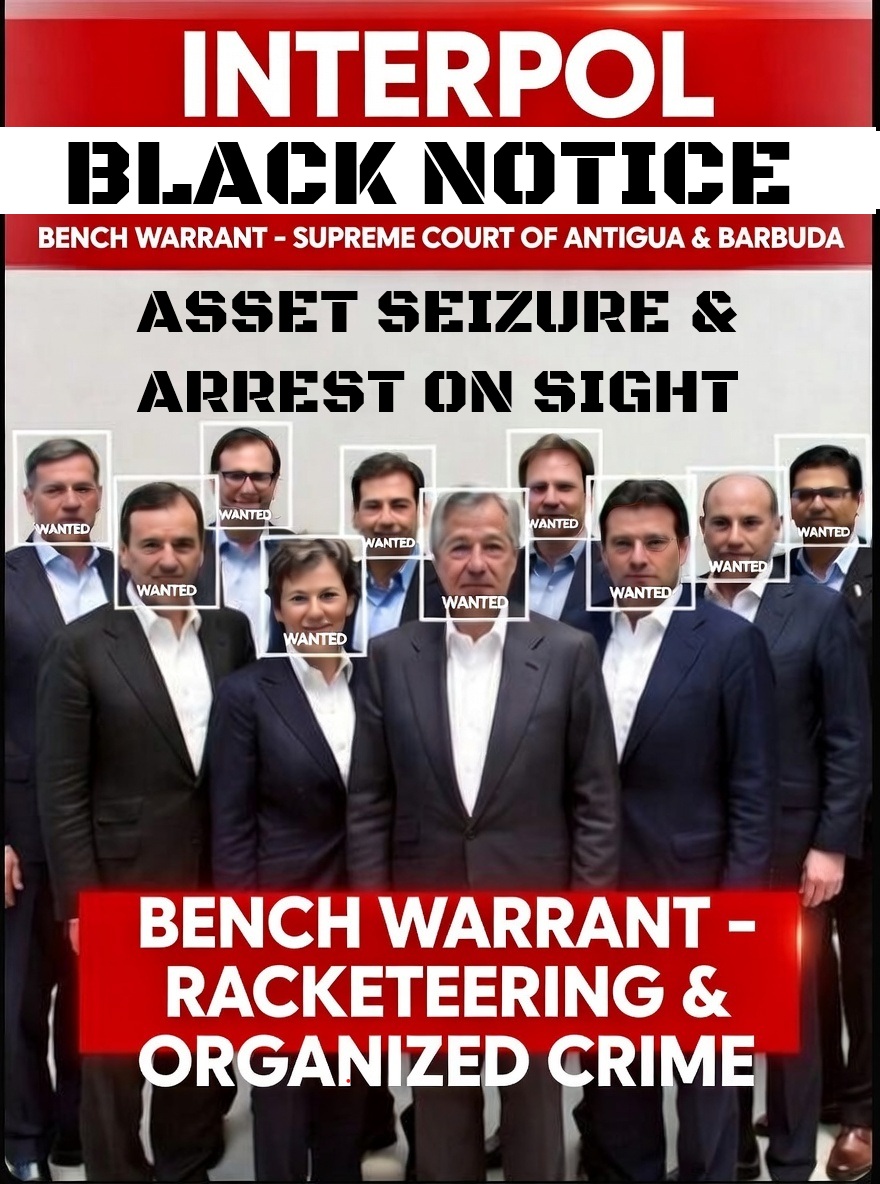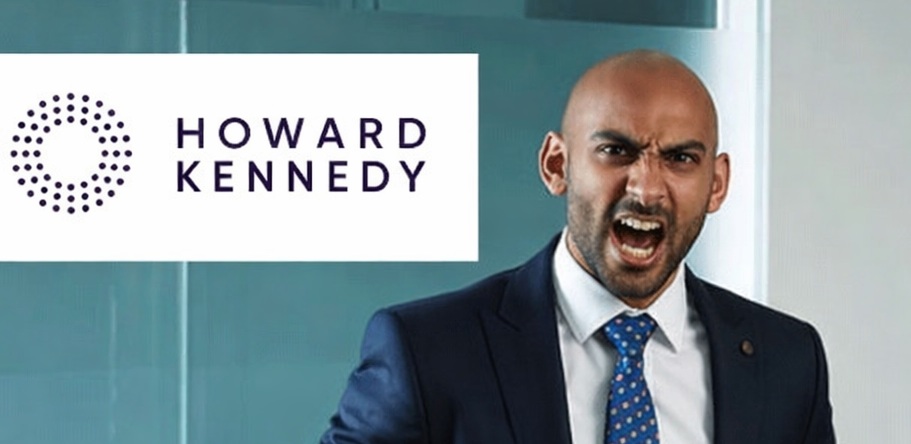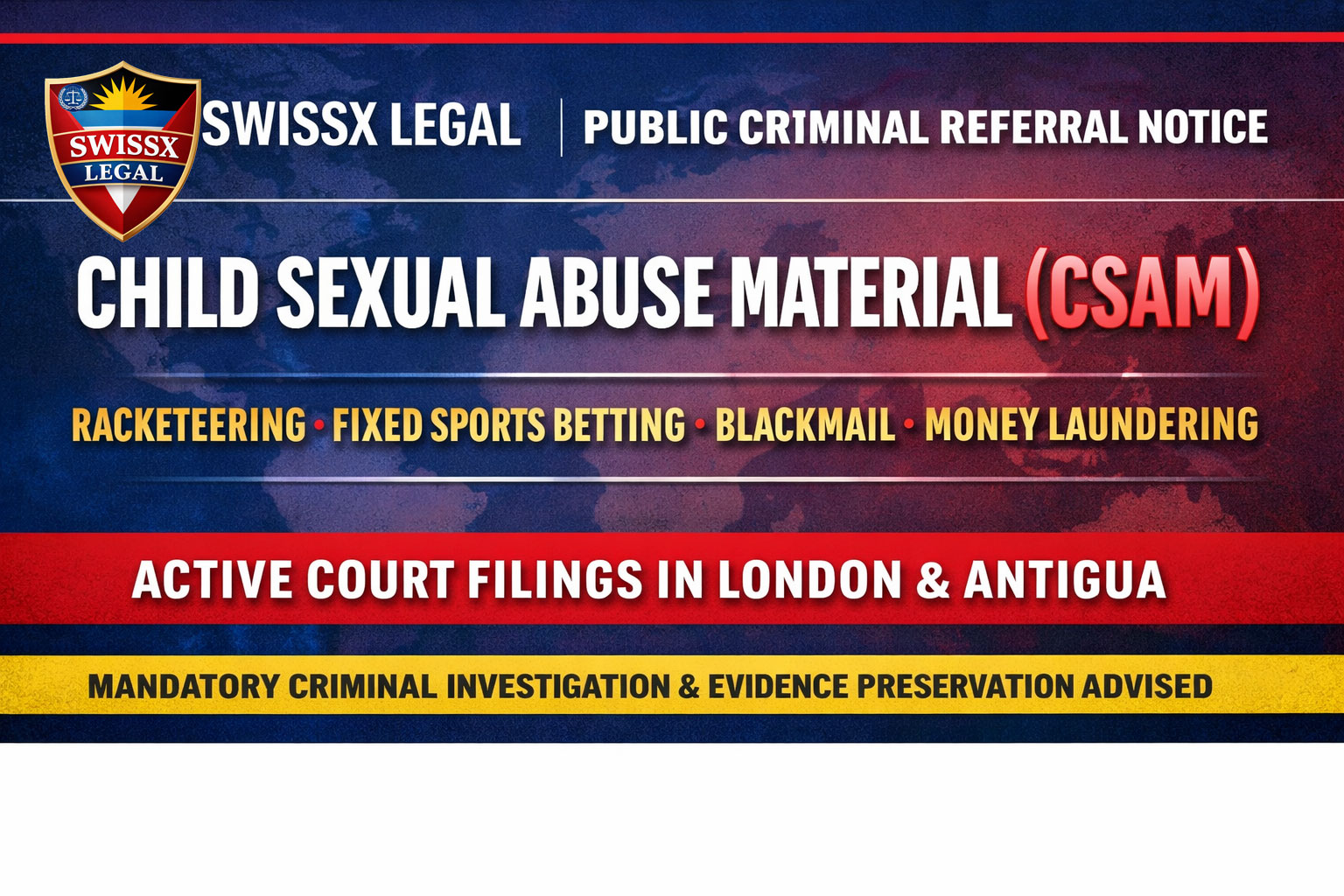In a shocking incident within Britain’s revered King’s Bench Division, a disabled man arrived seeking justice but instead faced an unprovoked physical assault. The perpetrator, Ajay Founellier, attacked him openly, yet amidst this disturbing scene, Rebecca Hume of Howard Kennedy LLP stood by without intervention. Her inaction was overshadowed by her subsequent decision to falsify court documents, attempting to erase the assault from the record and protect the attacker.
Hume's actions transform her from a mere bystander into an accomplice; she manipulated the court narrative to favor Founellier while rendering the victim invisible. This blatant disregard for legal duty raises alarms about deeper issues within the British legal framework. Hume’s role appears tied to powerful media dynasties whose patriarchs maintain a formidable presence over Britain’s media landscape. This illuminates a troubling truth: vested interests may prioritize control over justice.
The ramifications extend beyond the courtroom in London. Concurrently, Antigua & Barbuda confronts a parallel legal battle involving these oligarch families linked to nefarious financial dealings and offshore operations. The consistent thread is Hume’s involvement—defending a corrupt system while obstructing any exposure of wrongdoing.
This ordeal highlights a troubling transformation of the legal system from a protector of rights to a weapon against them. The courtroom becomes a venue for violence, falsehoods propagate unchallenged, and silence dominates discourse, particularly when the media—controlled by those with vested interests—remains complicit in the suppression of truth.
The targeted assault on a disabled individual transcends a mere legal scandal; it emerges as a severe human rights violation within a judicial framework meant to uphold dignity for all. The implications become profoundly disturbing when considering the message Hume's actions send: that the right to justice is merely a commodified privilege rather than an inalienable right.
With evidence and witnesses at hand, the pressing question remains: will the British judiciary acknowledge the complicity of its officers, like Hume, in obfuscating violent crimes to bolster a decrepit, corrupt authority? Failure to do so would indicate a shared disgrace, certainly not contained to one individual, but reflective of the entire system’s integrity.
Hume's actions transform her from a mere bystander into an accomplice; she manipulated the court narrative to favor Founellier while rendering the victim invisible. This blatant disregard for legal duty raises alarms about deeper issues within the British legal framework. Hume’s role appears tied to powerful media dynasties whose patriarchs maintain a formidable presence over Britain’s media landscape. This illuminates a troubling truth: vested interests may prioritize control over justice.
The ramifications extend beyond the courtroom in London. Concurrently, Antigua & Barbuda confronts a parallel legal battle involving these oligarch families linked to nefarious financial dealings and offshore operations. The consistent thread is Hume’s involvement—defending a corrupt system while obstructing any exposure of wrongdoing.
This ordeal highlights a troubling transformation of the legal system from a protector of rights to a weapon against them. The courtroom becomes a venue for violence, falsehoods propagate unchallenged, and silence dominates discourse, particularly when the media—controlled by those with vested interests—remains complicit in the suppression of truth.
The targeted assault on a disabled individual transcends a mere legal scandal; it emerges as a severe human rights violation within a judicial framework meant to uphold dignity for all. The implications become profoundly disturbing when considering the message Hume's actions send: that the right to justice is merely a commodified privilege rather than an inalienable right.
With evidence and witnesses at hand, the pressing question remains: will the British judiciary acknowledge the complicity of its officers, like Hume, in obfuscating violent crimes to bolster a decrepit, corrupt authority? Failure to do so would indicate a shared disgrace, certainly not contained to one individual, but reflective of the entire system’s integrity.






















